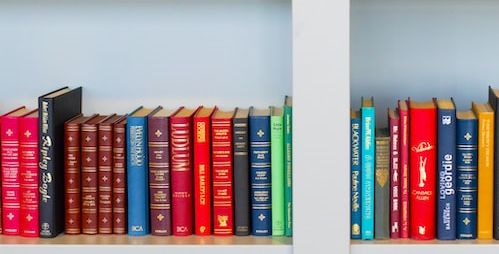Prophet Mohammed had to flee from Mecca to Medina as a result of various kinds of persecution and torture perpetuated on him by the people of Mecca. In Medina he was given a royal reception by the people, who made him the ruler of the state of Medina. To them he was both spiritual and temporal leader and it was he who united the warring tribes and established complete peace and laid foundation for an ideal state.
Though the prophet was the ruler of Medina, he led a life of extreme simplicity, poverty and informality. He was generous even in poor circumstances and did not save any wealth for himself. His food consisted of ordinary things like bread of barley and dates. There were occasions in Median life when even these ordinary things were not available. Many times he went to bed empty bellied. His dress was simple and it consisted of only a sheet of cloth and loin cloth. He slept on a bed made of fiber from date palm. At the time he said farewell to the mortal world, he did not possess any wealth or property.
Abu Musa Ashari, a companion of prophet narrates that Ayisha (wife of the prophet) took out a sheet of cloth and a rough loin wear and said, “prophet died leaving behind only these cloths.” It is interesting to compare this in the context of modern rulers, who lead a life of great pomp and luxury using the public exchequer. It would be useful to quote a famous saying of the prophet:
“Knowledge of God is my capital; Reason is the root of my faith; Love is my foundation; Enthusiasm is my style; Remembrance of God is my friend; Firmness is my treasure; Sorrow is my tool; Patience is my mantle; Contentment is my reward; Poverty is my pride; Devotion is my art; Conviction is my power; Truth is my redeemer; Obedience is my sufficiency; Struggle is my manner; My pleasure is my prayer.”













